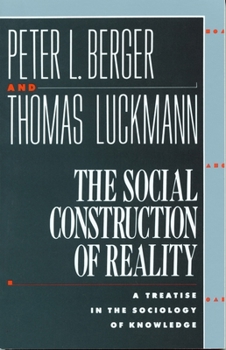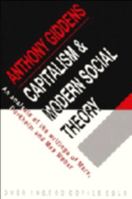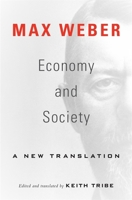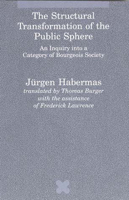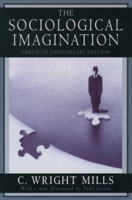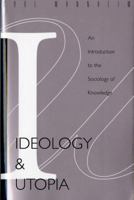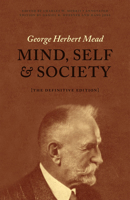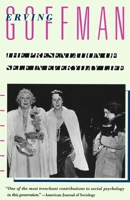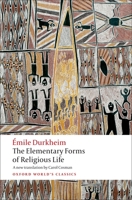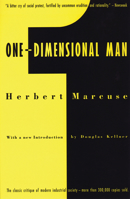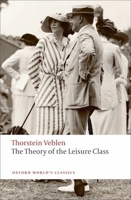The Social Construction of Reality
Select Format
Select Condition 
You Might Also Enjoy
Book Overview
Customer Reviews
Rated 5 starsstill suitable for people who hate hard-to-read books
I've always been passionately against books that are written in the most dry and academic manner, so I was a bit scared of this book to begin with, but it proved to be a thoroughly enjoyable (and educational, of course) read. My brain isn't very receptive of books that use lots of big words and fancy ideas, but the authors here have managed to construct this treatise with unbelievable clarity for the what they present, and...
2Report
Rated 5 starsWe need more stars for this one!
I would like to add my voice to those who list this book as among the most important they have read. As for many, this book marked a turning point in my college education. Berger's "Invitation to Sociology" was a required text for my Intro to Soc course but that book led me to Construction. I was a philosophy major and reading about Hegel at the time. The coincidence of reading Hegel and Berger turned on a light for me. They...
3Report
Rated 5 starsNot for Intellectual Weaklings
This is the second most influential book I have ever read. It influenced me because It showed me how one could deduce from everyday experience how humans create realities and have faith that their realities are real. Read this book if you would like to understand what people mean when they tell you that something is socially constructed. Many college students and columnists act like "social construction" is a flaky or absurd...
3Report
Rated 5 starsWhat You Know Depends on Where You Sit
The Social Construction of Reality: A Treatise in the Sociology of Knowledge is one of the most significant books of social science ever written - ranking with and beyond Thomas Kuhn's The Structure of Scientific Revolutions, Max Weber's The Protestant Ethic and the Spirit of Capitalism, Emile Durkheim's Suicide, and more recently Walter Truett Anderson's more popularized take off of it entitled Reality Isn't What It Use To...
2Report
Rated 5 starsSolid...fascinating...an overlooked classic.
I enjoy these dense books of ideas, but rarely come away from them as fulfilled and enlightened as I came away from this one. Building on the premise that most (if not all)of the knowledge we have, both objective and subjective, comes from the society we live in, the authors examine how knowledge forms and how it is maintained and modified by the institutions that embody it and individuals who embrace it. It gives a scientific...
3Report










